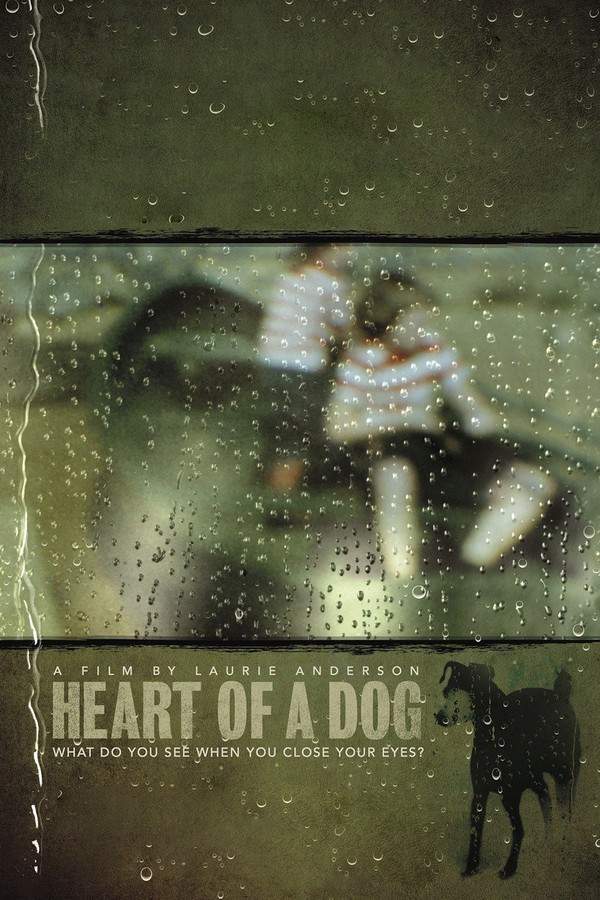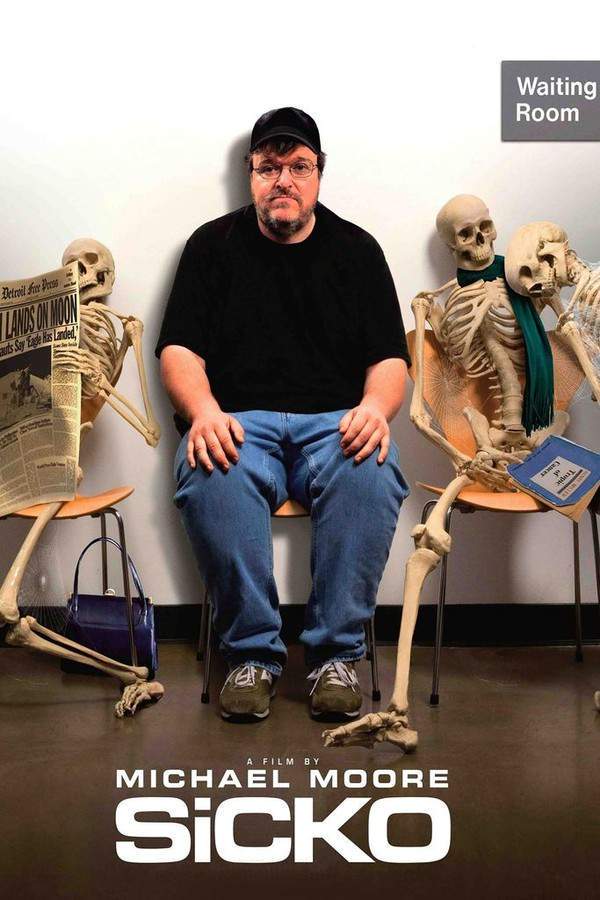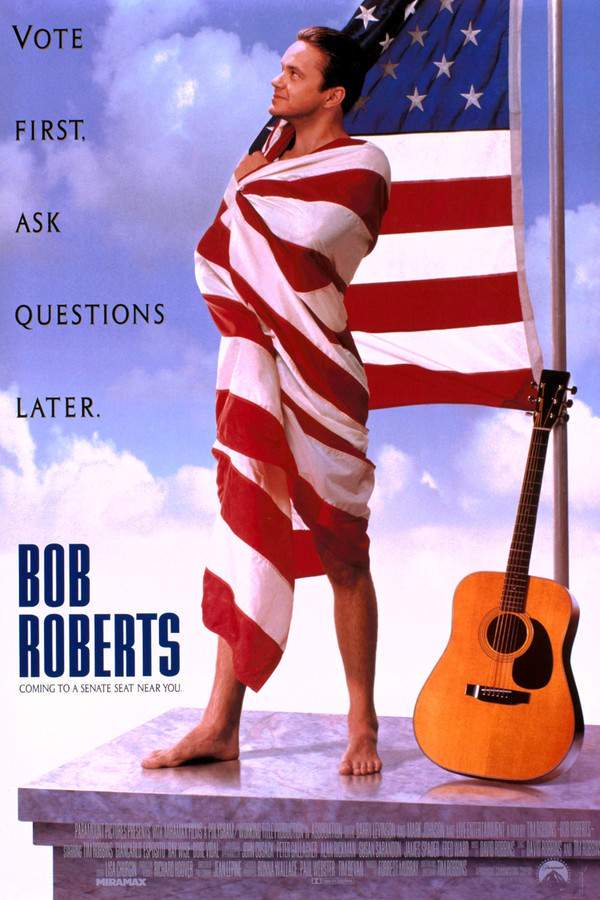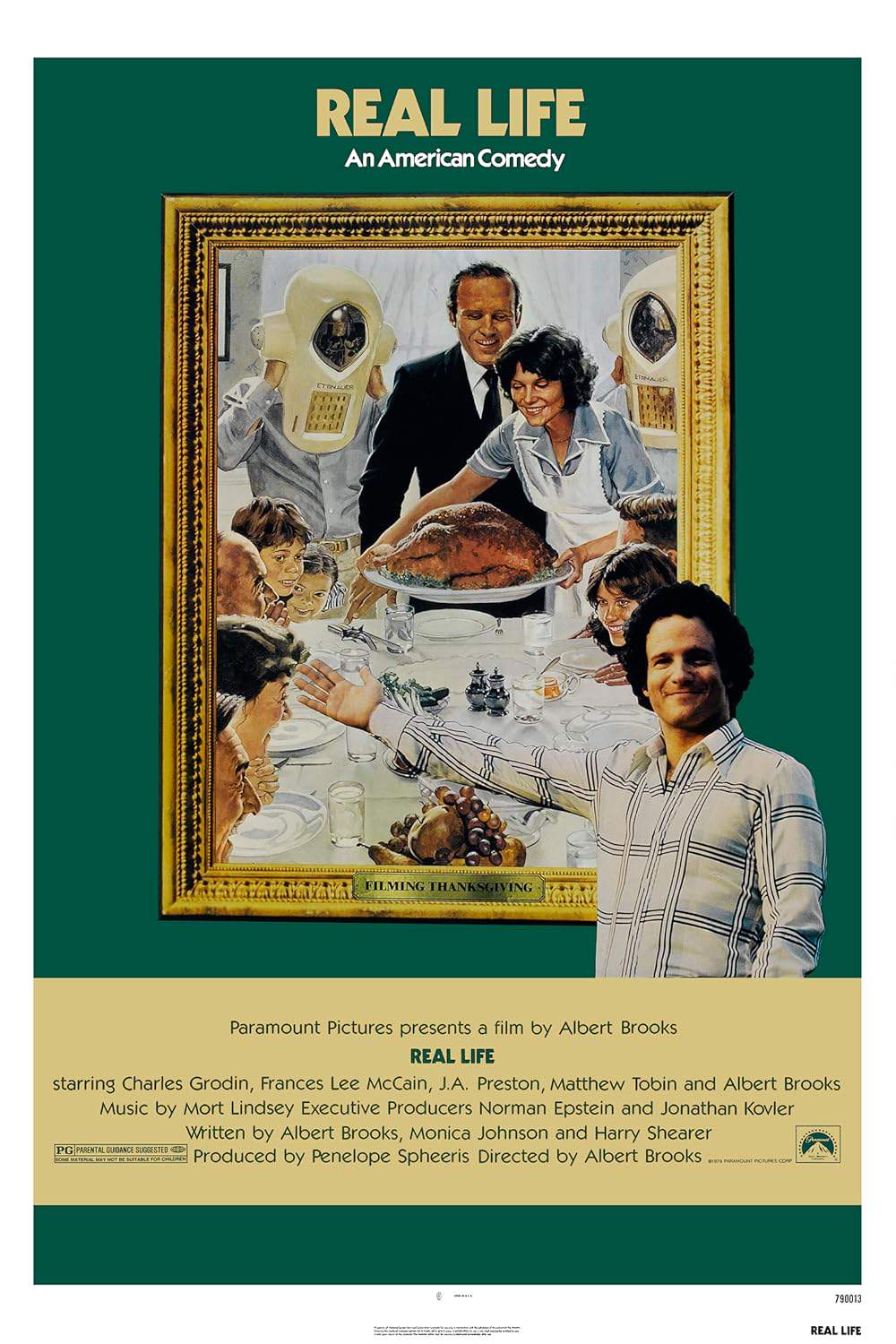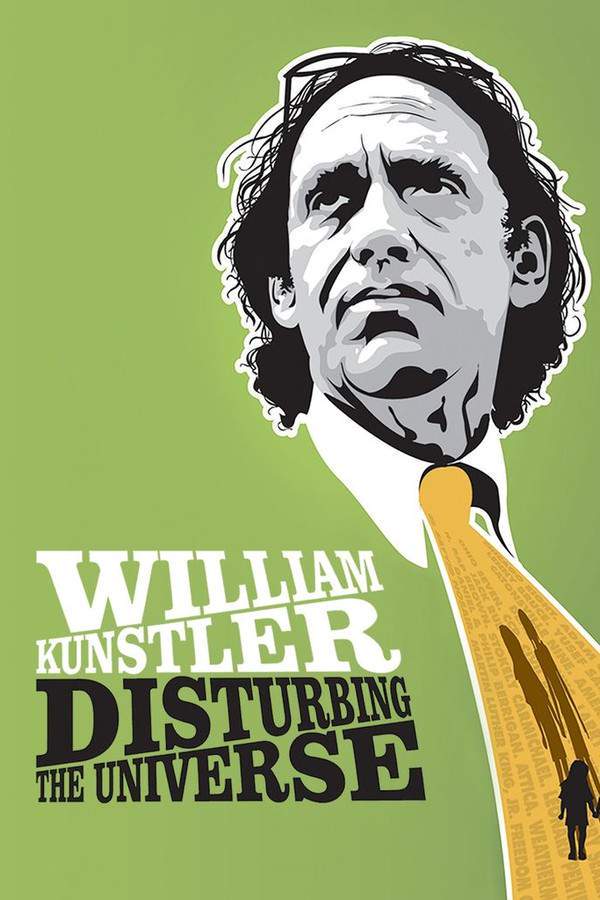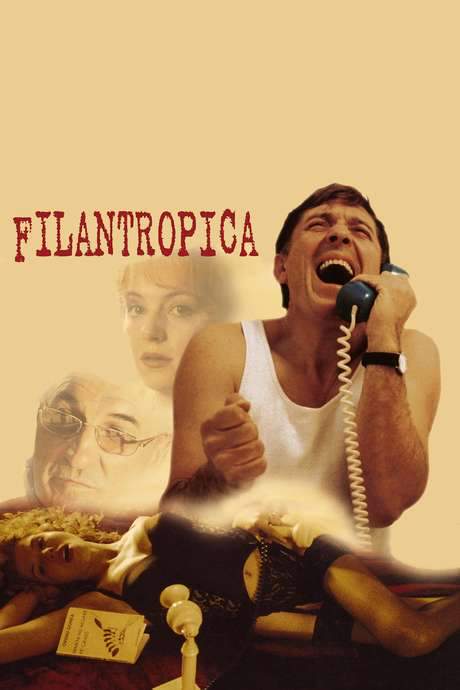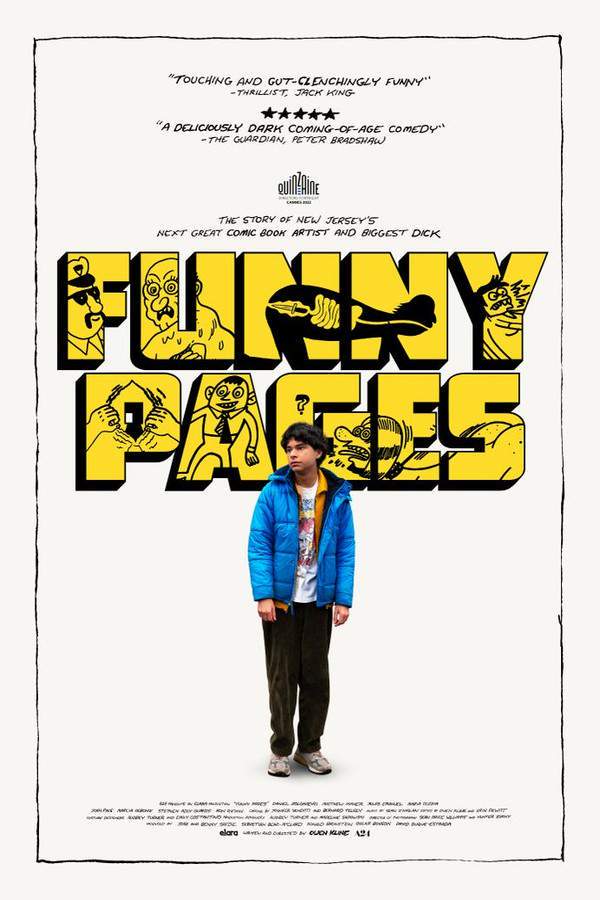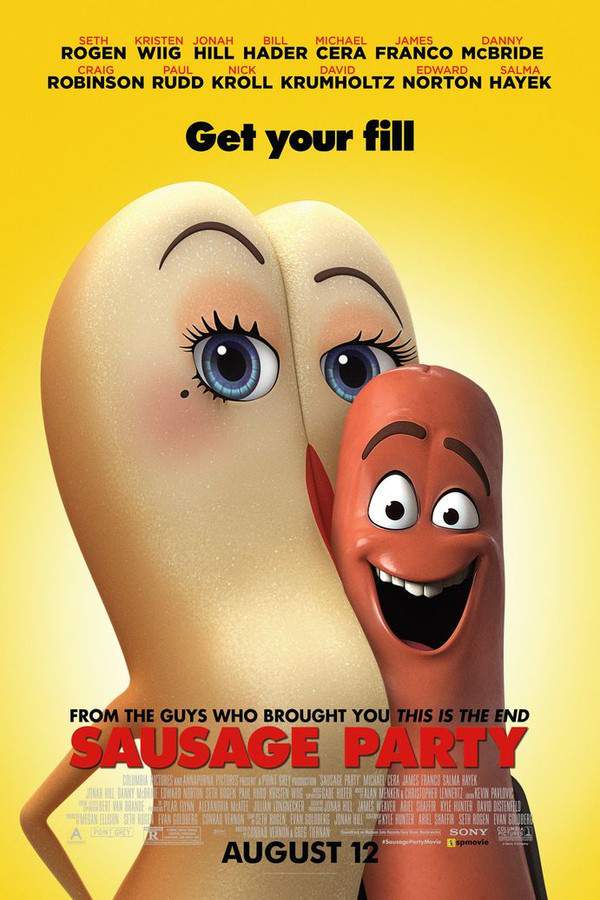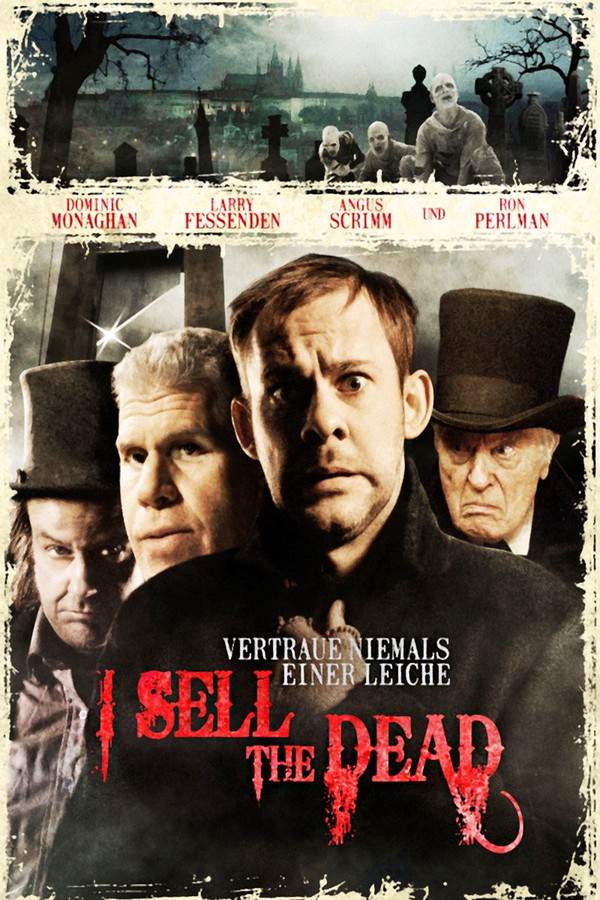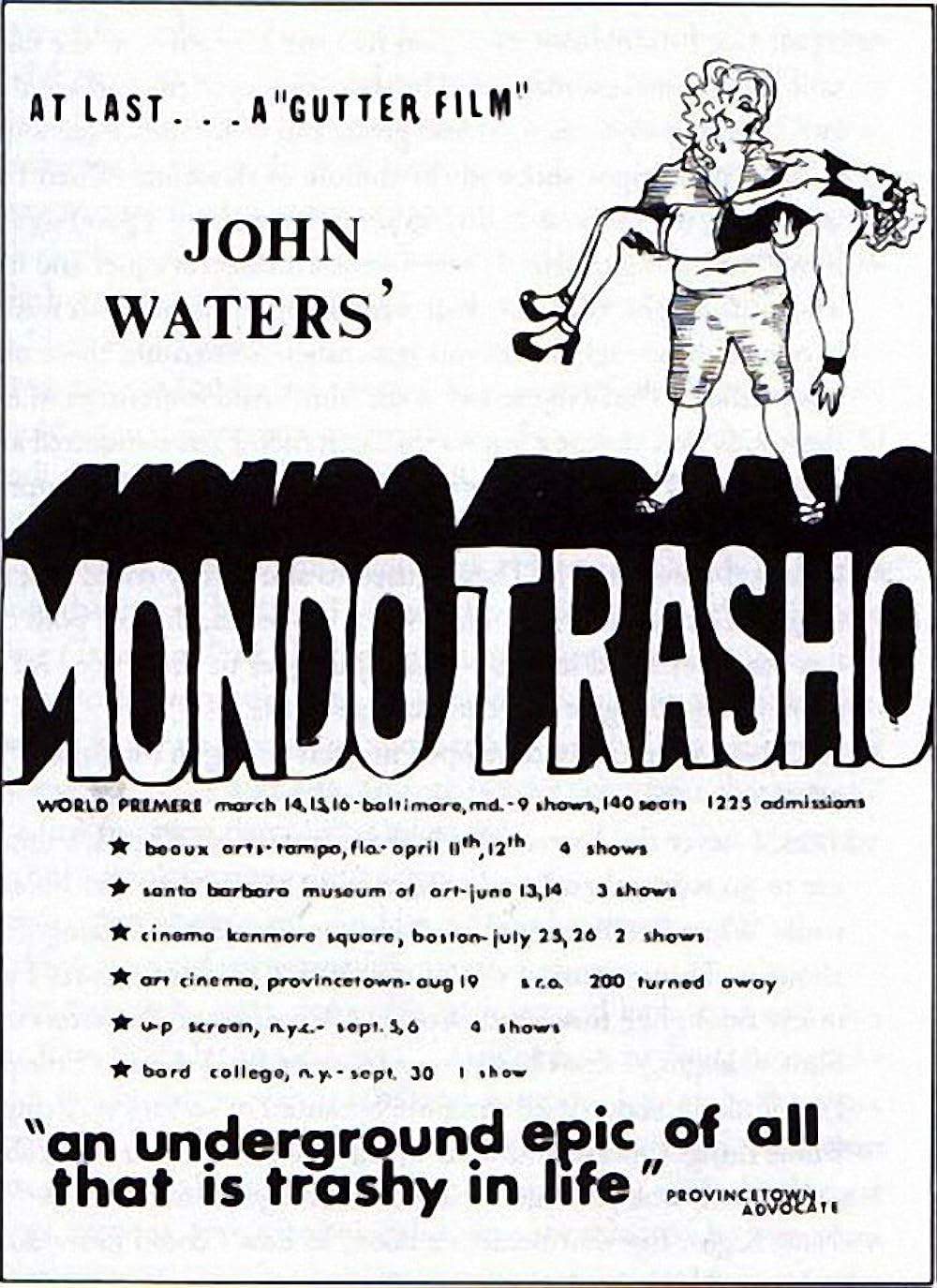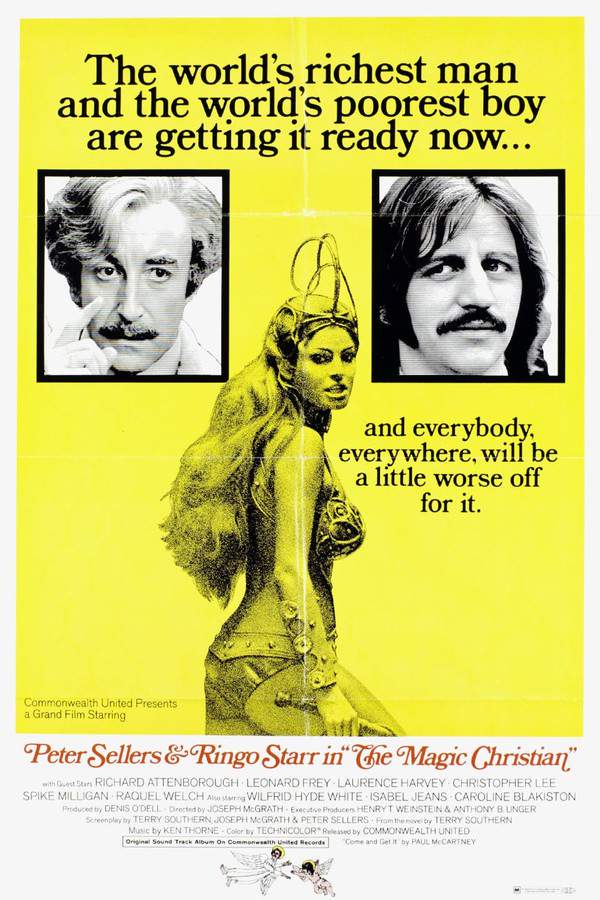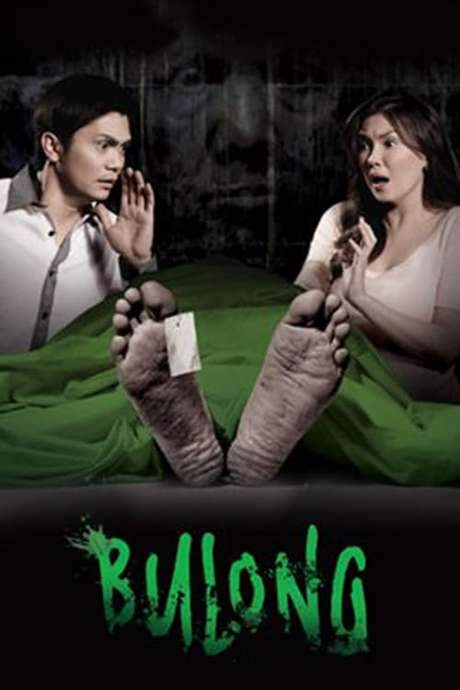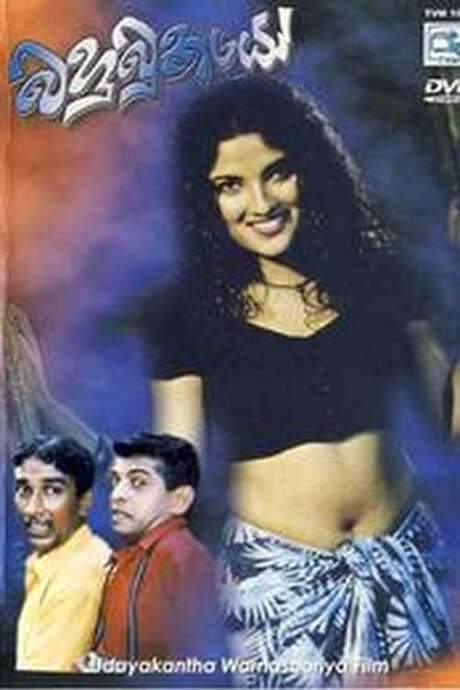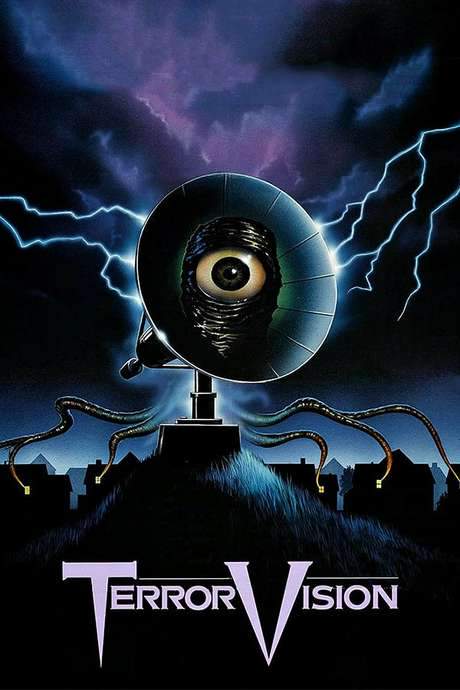
Sex, Drugs & Religion
Year: 2010
Runtime: 72 mins
Language: English
Director: B.A. Brooks
In this 71‑minute documentary, director B.A. Brooks turns a satirical eye toward a wide range of faiths—from Catholicism to Baptism—highlighting the contradictions and absurdities he perceives within organized religion. As his fourth film, it has sparked heated debate among religious communities worldwide while earning praise for its entertaining and thought‑provoking approach.
Warning: spoilers below!
Haven’t seen Sex, Drugs & Religion yet? This summary contains major spoilers. Bookmark the page, watch the movie, and come back for the full breakdown. If you're ready, scroll on and relive the story!
Sex, Drugs & Religion (2010) – Full Plot Summary & Ending Explained
Read the complete plot breakdown of Sex, Drugs & Religion (2010), including all key story events, major twists, and the ending explained in detail. Discover what really happened—and what it all means.
Sex, Drugs & Religion is a provocative documentary with a runtime of 1 hour and 11 minutes that humorously explores the diverse and often bizarre world of religious beliefs and practices. The film takes viewers on a comedic journey through various faiths, highlighting the contradictions, scandals, and peculiarities associated with them. Betty Butterfield and Pastor Deacon Fred Smith serve as the primary guides, offering satirical commentary on major religions such as Catholicism, Mormonism, Pentecostalism, and others, while also examining controversial groups like the Westboro Baptist Church and Scientologists.
The film opens with a somber montage of archived black-and-white footage from World War II, revealing disturbing images of Nazi Germany, including Adolf Hitler and Ante Pavelich, along with scenes of forced conversions, concentration camps, and the brutality inflicted on prisoners and children. This stark imagery sets a stark contrast to the satirical tone that follows, as the film dives into the personal perspectives of its hosts.
Pastor Deacon Fred Smith (played by [Chris Harper]) introduces himself as a prominent figure from the Landover Baptist Church, claiming to be one of the most sought-after men in Christianity. His opening monologue sets the stage for a critique of organized religion, which is juxtaposed with Betty Butterfield’s (played by [Chuck Knipp]) candid opinions on Catholicism and her observations about sexual abuse scandals involving priests, often supported by real news clips and media commentary, including appearances by Bill Maher on Larry King Live and clips promoting his film Religulous.
The documentary then shifts focus to contemporary religious controversies. It features interviews from Shirley Lynn Phelps-Roper, daughter of Fred Phelps, the infamous leader of Westboro Baptist Church, who is shown protesting at soldiers’ funerals and propagating church rhetoric. Scenes also explore failed televangelist ministries like those of Jimmy Swaggart and Jim and Tammy Faye Bakker, criticizing the greed and manipulation within televangelism, with insights from Ole Anthony about the corrupt nature of these ministries.
A significant portion of the film is dedicated to the Pentecostal movement, renowned for snake handling and charismatic rock-n-roll religious expressions, with footage of snake handling and faith-healing rituals. The film then briefly looks at Mormon evangelism, where two young representatives confront a man who knows his Bible well, and moves on to feature Scientology, with Tom Cruise referencing the controversial faith in a bizarre interview.
The documentary also provides a look into international conflicts, offering glimpses of the ongoing Israeli-Palestinian conflict, before turning to Islam and its faith practices. Throughout, renowned thinker Richard Dawkins shares insights on faith and belief systems, emphasizing the film’s critical yet satirical approach.
The closing scenes revisit Betty Butterfield’s personal reflections on Presbyterians and her eventual prayerful request for guidance in finding a church. The film’s credit roll is a lively segment featuring two Mormons dancing to Jimmy Eat World’s song Here It Goes, accompanied by messages from the director expressing his thoughts on religion. After the credits, viewers are treated to a hidden humorous music video, adding an extra layer of entertainment to the overall experience.
Sex, Drugs & Religion offers a thought-provoking yet humorous look at the complexities, contradictions, and scandals surrounding faith in modern society, encouraging viewers to question and reflect on the role of religion in their lives and communities.
Last Updated: August 05, 2025 at 06:58
Explore Movie Threads
Discover curated groups of movies connected by mood, themes, and story style. Browse collections built around emotion, atmosphere, and narrative focus to easily find films that match what you feel like watching right now.
Satirical Documentaries like Sex, Drugs & Religion
Films that use humor and wit to expose hypocrisy within powerful institutions.If you liked the critical humor of Sex, Drugs & Religion, explore more movies that use satire to dissect powerful systems. These documentaries blend comedy with investigative journalism, taking aim at everything from politics to big business in an entertaining and thought-provoking way.
Narrative Summary
These films typically present a series of case studies, interviews, and archival footage to build a critical argument. The narrative is driven by a host or director's perspective, using irony and absurdity to highlight contradictions. The journey is one of inquiry and exposure, often without a neat conclusion, leaving the audience to ponder the implications.
Why These Movies?
Movies in this thread are grouped by their unique blend of comedy and critique. They share a skeptical viewpoint, a steady pacing that builds a case, and a tone that balances dark subject matter with a humorous presentation. The focus is on using wit as a weapon to challenge the status quo.
Movies that Satirize Belief Systems like Sex, Drugs & Religion
Stories that find absurdity and comedy in the darkest corners of faith and ideology.Fans of Sex, Drugs & Religion who enjoyed its darkly funny take on organized religion will find similar vibes here. This section features movies, both documentary and fictional, that use satire to examine the strange and sometimes dangerous logic of fervent belief and controversial groups.
Narrative Summary
Narratives in this thread often follow an outsider's perspective as they investigate or encounter a rigid belief system. The conflict stems from the clash between rational inquiry and dogmatic faith. The emotional journey is one of discovery and disillusionment, using irony to process heavy themes like hypocrisy and manipulation.
Why These Movies?
These movies share a specific mood: a darkly comic tone applied to the serious subject of belief. They often feature confrontational content, ambiguous conclusions, and a medium emotional weight that balances gravity with levity. The central thread is the use of humor to explore the unsettling side of conviction.
Unlock the Full Story of Sex, Drugs & Religion
Don't stop at just watching — explore Sex, Drugs & Religion in full detail. From the complete plot summary and scene-by-scene timeline to character breakdowns, thematic analysis, and a deep dive into the ending — every page helps you truly understand what Sex, Drugs & Religion is all about. Plus, discover what's next after the movie.
Sex, Drugs & Religion Timeline
Track the full timeline of Sex, Drugs & Religion with every major event arranged chronologically. Perfect for decoding non-linear storytelling, flashbacks, or parallel narratives with a clear scene-by-scene breakdown.

Characters, Settings & Themes in Sex, Drugs & Religion
Discover the characters, locations, and core themes that shape Sex, Drugs & Religion. Get insights into symbolic elements, setting significance, and deeper narrative meaning — ideal for thematic analysis and movie breakdowns.

Sex, Drugs & Religion Spoiler-Free Summary
Get a quick, spoiler-free overview of Sex, Drugs & Religion that covers the main plot points and key details without revealing any major twists or spoilers. Perfect for those who want to know what to expect before diving in.

More About Sex, Drugs & Religion
Visit What's After the Movie to explore more about Sex, Drugs & Religion: box office results, cast and crew info, production details, post-credit scenes, and external links — all in one place for movie fans and researchers.


